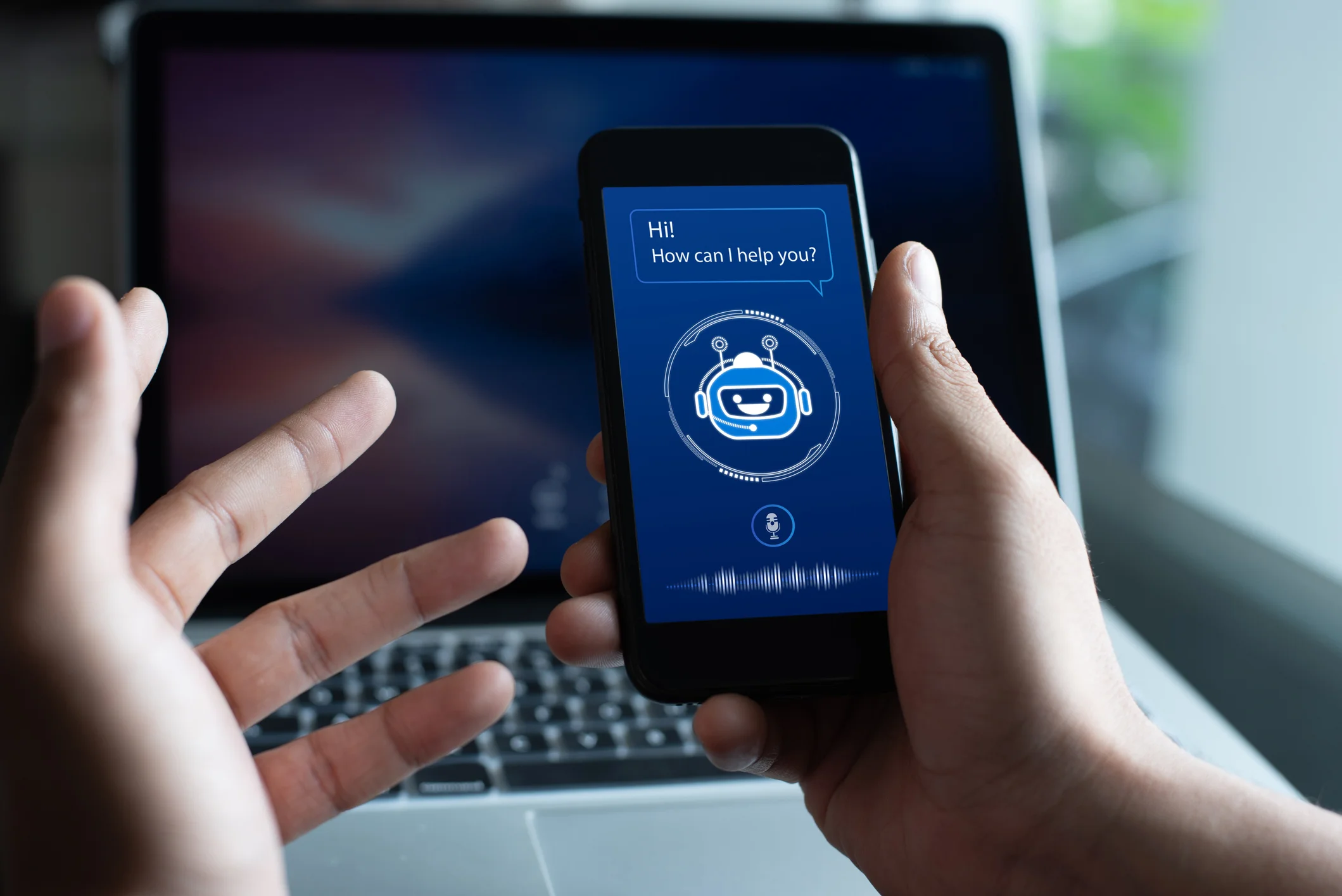In recent years, the proliferation of smartphones and the growing awareness of mental health issues have converged to create a burgeoning market for mental health apps. These digital tools promise to offer convenient, accessible, and often affordable support for a wide range of mental health concerns. From mood tracking to guided meditation, mental health apps are rapidly becoming an integral part of how individuals manage their mental well-being. However, while the benefits are considerable, there are also significant limitations that must be addressed. This article aims to provide an informative overview of the rise of mental health apps, highlighting both their advantages and their shortcomings.
The Benefits of Mental Health Apps
Accessibility and Convenience
One of the most significant benefits of mental health apps is their accessibility. Unlike traditional therapy, which often requires scheduling appointments and commuting to a physical location, mental health apps are available 24/7. This constant accessibility can be particularly beneficial for individuals who live in remote areas, have mobility issues, or have busy schedules that make it difficult to attend regular therapy sessions.
Cost-Effectiveness
Mental health care can be expensive, with therapy sessions costing anywhere from $50 to $250 per hour in many parts of the world. Mental health apps often offer a more affordable alternative. Many apps are free or come with a one-time purchase fee or a subscription model that is generally less expensive than traditional therapy. This cost-effectiveness makes mental health support more accessible to a broader audience.
Anonymity and Privacy
For some individuals, the stigma associated with seeking mental health support can be a significant barrier. Mental health apps offer a level of anonymity that can make it easier for people to seek help without fear of judgment. Users can access resources, track their mood, and even engage in therapeutic exercises without having to disclose their identity.
Variety of Tools and Resources
Mental health apps offer a wide range of tools and resources that can be tailored to individual needs. From Cognitive Behavioral Therapy (CBT) exercises to mindfulness meditation, these apps provide various methods to help users manage stress, anxiety, depression, and other mental health issues. Some apps also offer features like mood tracking, journaling, and even virtual support groups.
Real-Time Monitoring and Feedback
Many mental health apps come equipped with features that allow for real-time monitoring of mood and mental health symptoms. This can be incredibly useful for individuals who need to keep track of their mental health on a regular basis. The data collected can also be shared with healthcare providers, offering a more comprehensive view of a patient’s mental health over time.

The Limitations of Mental Health Apps
Lack of Personalization
While many mental health apps offer a variety of tools and resources, they often lack the personalized touch that comes with traditional therapy. A licensed therapist can tailor their approach based on an individual’s unique needs, history, and personality. In contrast, mental health apps generally offer a one-size-fits-all approach, which may not be effective for everyone.
Quality and Efficacy
The quality and efficacy of mental health apps can vary significantly. While some apps are developed in collaboration with mental health professionals and are backed by scientific research, others may lack a solid evidence base. This inconsistency can make it challenging for users to determine which apps are genuinely beneficial and which are not.
Data Privacy Concerns
While mental health apps offer the benefit of anonymity, they also raise significant data privacy concerns. Users often have to share sensitive information, such as their mental health history, mood patterns, and personal thoughts. If this data is not adequately protected, it can be vulnerable to breaches and misuse. It’s crucial for users to read privacy policies carefully and choose apps that prioritize data security.
Limited Scope of Support
Mental health apps can be incredibly useful for managing mild to moderate mental health issues, but they are not a substitute for professional treatment in severe cases. Conditions like severe depression, bipolar disorder, and schizophrenia require comprehensive treatment plans that often include medication, therapy, and ongoing support from healthcare professionals. Relying solely on an app in such cases can be inadequate and potentially dangerous.
Risk of Misdiagnosis
Self-diagnosis through mental health apps can be risky. While many apps offer screening tools and symptom checkers, these are not a substitute for a professional diagnosis. Misdiagnosis can lead to inappropriate treatment, which may exacerbate the problem rather than alleviate it. It’s essential for users to consult with healthcare providers for an accurate diagnosis and treatment plan.
User Engagement and Adherence
The effectiveness of mental health apps largely depends on user engagement and adherence. Unlike traditional therapy, where a therapist can motivate and guide a patient, mental health apps require a high level of self-discipline and commitment. Users may start with good intentions but fail to maintain consistent use, thereby diminishing the app’s effectiveness.
Conclusion
Mental health apps represent a significant advancement in the field of mental health care, offering numerous benefits such as accessibility, cost-effectiveness, and a variety of tools and resources. However, they are not without limitations. Issues like lack of personalization, variable quality, data privacy concerns, and limited scope of support must be carefully considered.
For those dealing with mild to moderate mental health issues, mental health apps can be a valuable supplement to traditional treatment methods. However, they should not be seen as a replacement for professional care, especially in severe cases. As the technology continues to evolve, it is crucial for developers, healthcare providers, and users to work together to maximize the benefits while addressing the limitations of these digital tools.
In summary, mental health apps are a promising tool in the modern mental health care landscape. By understanding their benefits and limitations, individuals can make informed decisions about how best to incorporate these apps into their mental health management strategies.




